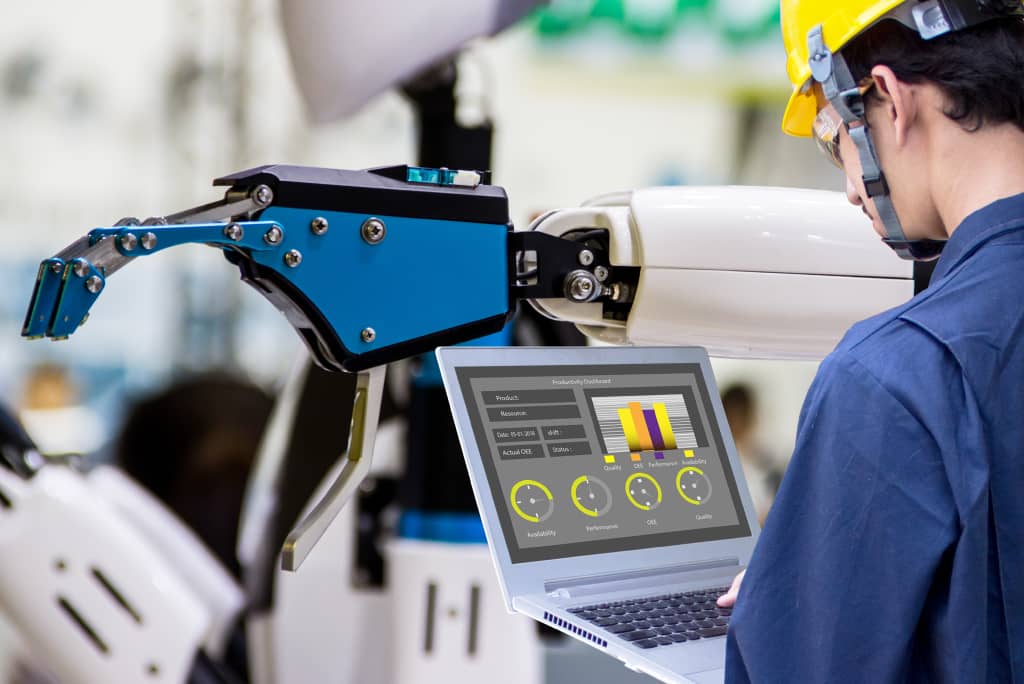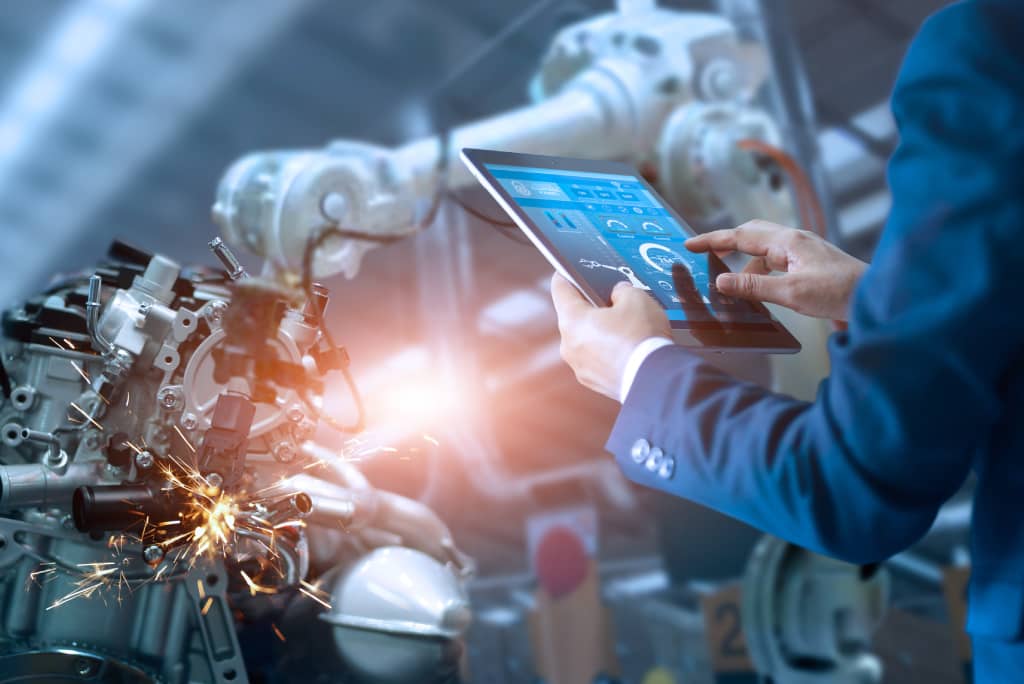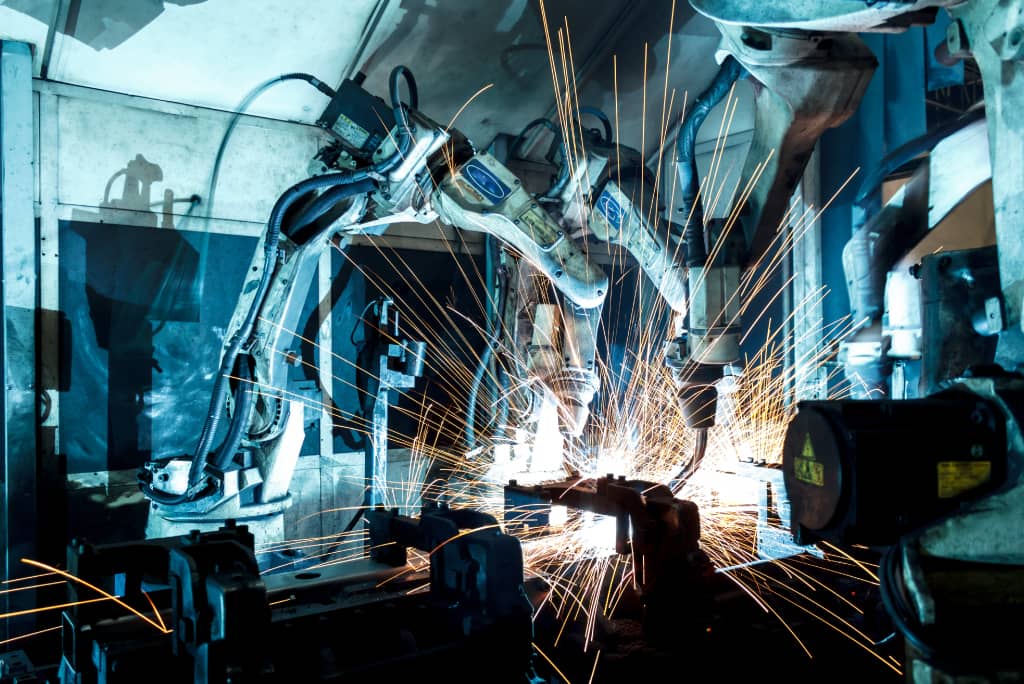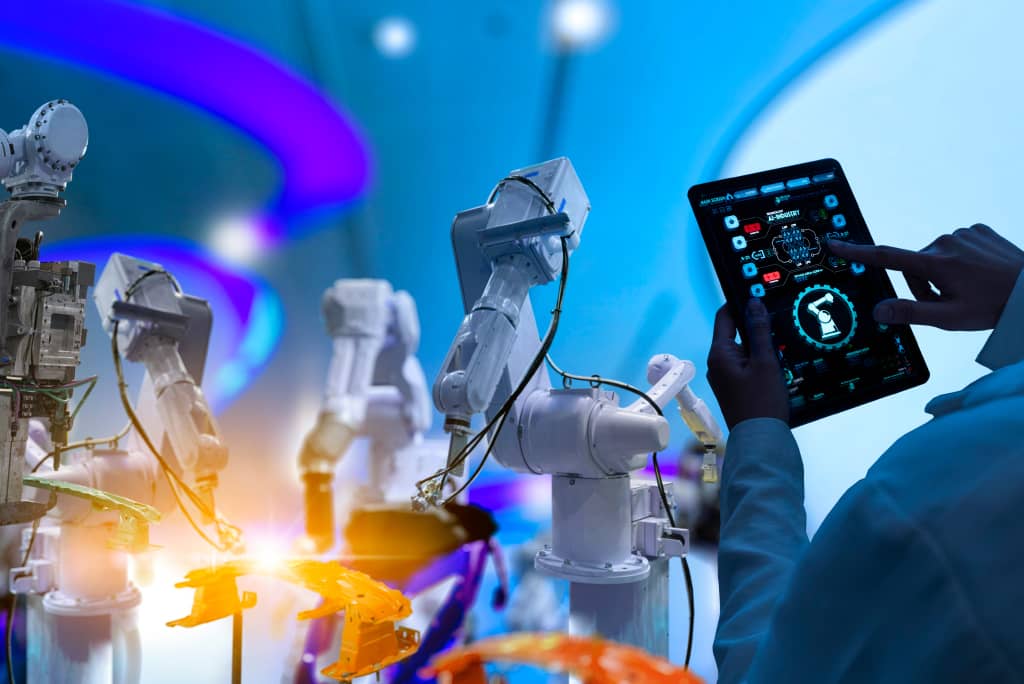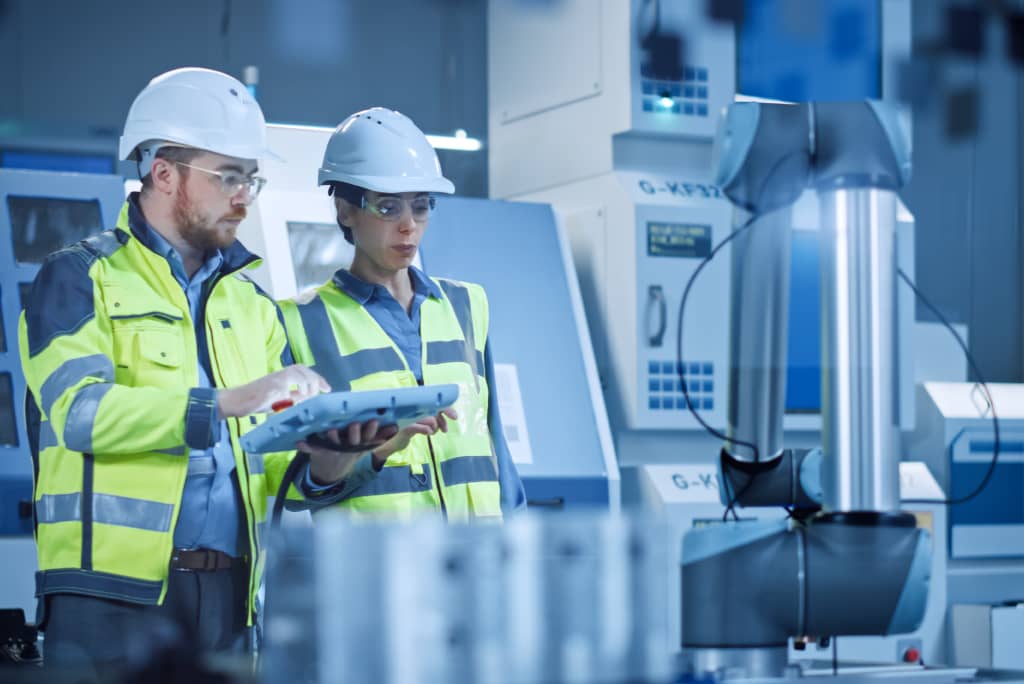RECENT POSTS
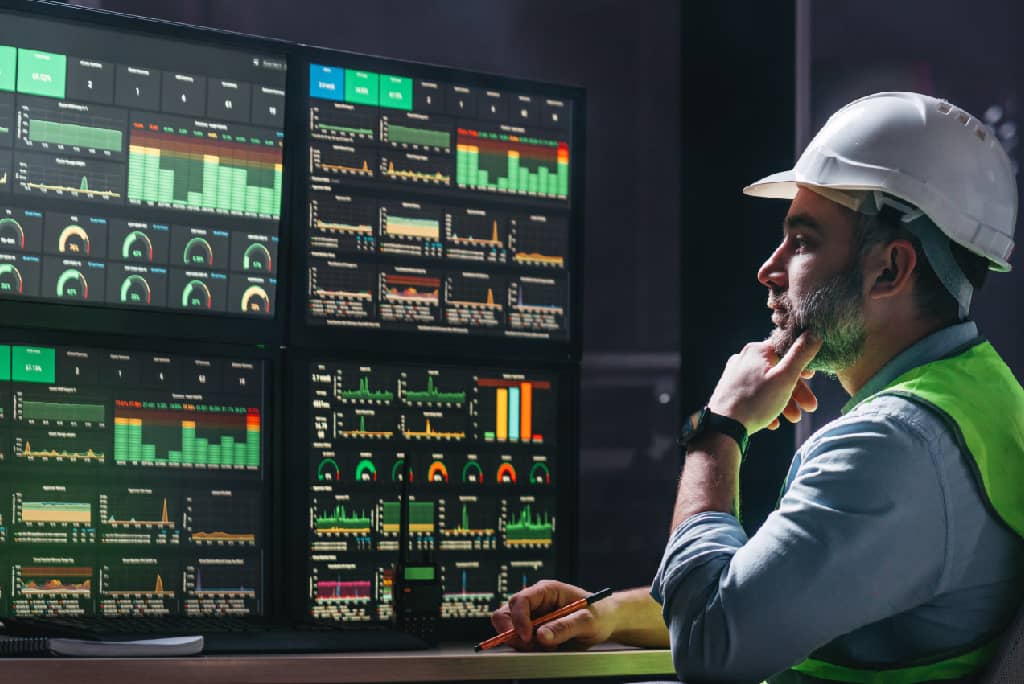
How to Choose a Project Controls Engineer for Control System Design
Control systems are crucial for automating complex processes, maintaining consistent quality, and ensuring safe operation. When you consider automation, you need to bring in experienced project control engineering experts to help make critical decisions about operations. The quality of control system engineering can be the difference between creating an optimal solution or a project failure.
Choosing a Project Control Engineer
When evaluating control systems engineering firms, here are some of the key things you should consider.
A Qualified Team
Project controls can be complex and varied. You want to work with an expert team with varied experience across different applications. For example, Pacific Blue Engineering has experts in every phase of control system engineering, including legacy migrations, turnkey control system integration, machine safety, panel builds and design, etc.
Industry Experience
You also want project control engineering experts with experience in your industry. This will accelerate the analysis and design process by control engineers with insight into your applications’ nuances.
Technical Proficiency
Project control engineers will have great technical skills with industry automation and control tools, such as Supervisory Control and Data Acquisition (SCADA), Human-Machine Interface (HMI) software, and Programmable Logic Controllers (PLC Programming)
In project control engineering, experience matters. Project control engineers should have experience with the following:
- Dynamic modeling: mathematical models to simulate system response to various inputs and variables.
- Stability analysis: Ensuring systems are stable and reliable with consistent, repeatable performance.
- Controller design: Control strategies to optimize output and provide safe operation.
- Model predictive control (MPC): Optimization of control actions in line with constraints and objectives.
- Filter design: Employing specific filters to remove noise and improve accuracy.
- Parameter tuning: Maximizing performance while minimizing waste and energy consumption.
- Fault detection: Detecting and identifying abnormal behavior in control systems for remediation.
- Diagnostic analysis: Diagnosing root causes of faults or anomalies.
- Human-Machine Interaction (HMI) Analysis: Creating intuitive and efficient operations, accounting for safety and usability.
- Hazard and risk assessment: Analyzing potential hazards in control systems and the impact of failures to mitigate risk.
- Time-domain analysis: Assessing control algorithms to determine performance over time, including mechanical and electrical changes or disturbances.
Certified Professionals
Look for a project control engineering team with industry certifications through the Underwriters Laboratory (UL) and a member of the Control System Integrators Association (CSIA). Control system engineering teams active in the industry and current on new technologies are more likely to deploy cutting-edge solutions to problems. As the related field of control system engineering is constantly evolving, it is crucial that control engineers are up-to-date on new approaches and developments.
You should also inquire about industry-specific certifications or experience with specific manufacturers’ equipment.
Project Management Skills
Whether upgrading legacy systems, augmenting your current controls, or implementing a turnkey automation solution, you need to hire someone skilled in project planning, scheduling and resource allocation.
The best project control engineers will efficiently produce detailed plans and manage project timelines. Effective project management also requires exceptional communication skills to work with cross-functional teams and keep stakeholders in the loop. This will include progress reports for technical and non-technical stakeholders, noting milestones and any plan adjustments.
Analytic and Problem-Solving Skills
So much of the work in control system engineering is in the analysis phase. Look for control engineers who can resolve technical issues during control system design and implementation.
Documentation and Reporting
Effective control system management requires detailed documentation. After system installations are complete, engineers must be able to troubleshoot locally. Without the proper documentation, this can be exceptionally difficult to do.
You may ask to review examples of documentation to ensure it meets your expectations.
References
Any time you are working with an outside contractor or system integrator, you want to check their references. Reputable firms will be happy to provide references from past customers, and you should follow up with them to ask about any concerns you may have.
Realize that companies providing references will give you a referral to jobs that produce the best results, so try to find independent references that you can verify yourself if possible.
Choose Pacific Blue Engineering
Pacific Blue Engineering provides custom solutions for industrial automation across a variety of industries and disciplines, including:
- UL508A panel build and design
- Turnkey control system integration
- Modernization of legacy controls and systems
- Machine safety controls engineering
- SCADA systems and controls
- PLC programming
- Robotics
- And more.
Contact Pacific Blue Engineering’s controls system engineers today to request a consultation.
similar posts
Certifications
Contact Us
Telephone:
Corporate Office “The Shop”
Pacific Blue Engineering, LLC
2880 Orange Ave
Long Beach, CA 90755
© All contents copyright © 2023 by Pacific Blue Engineering


